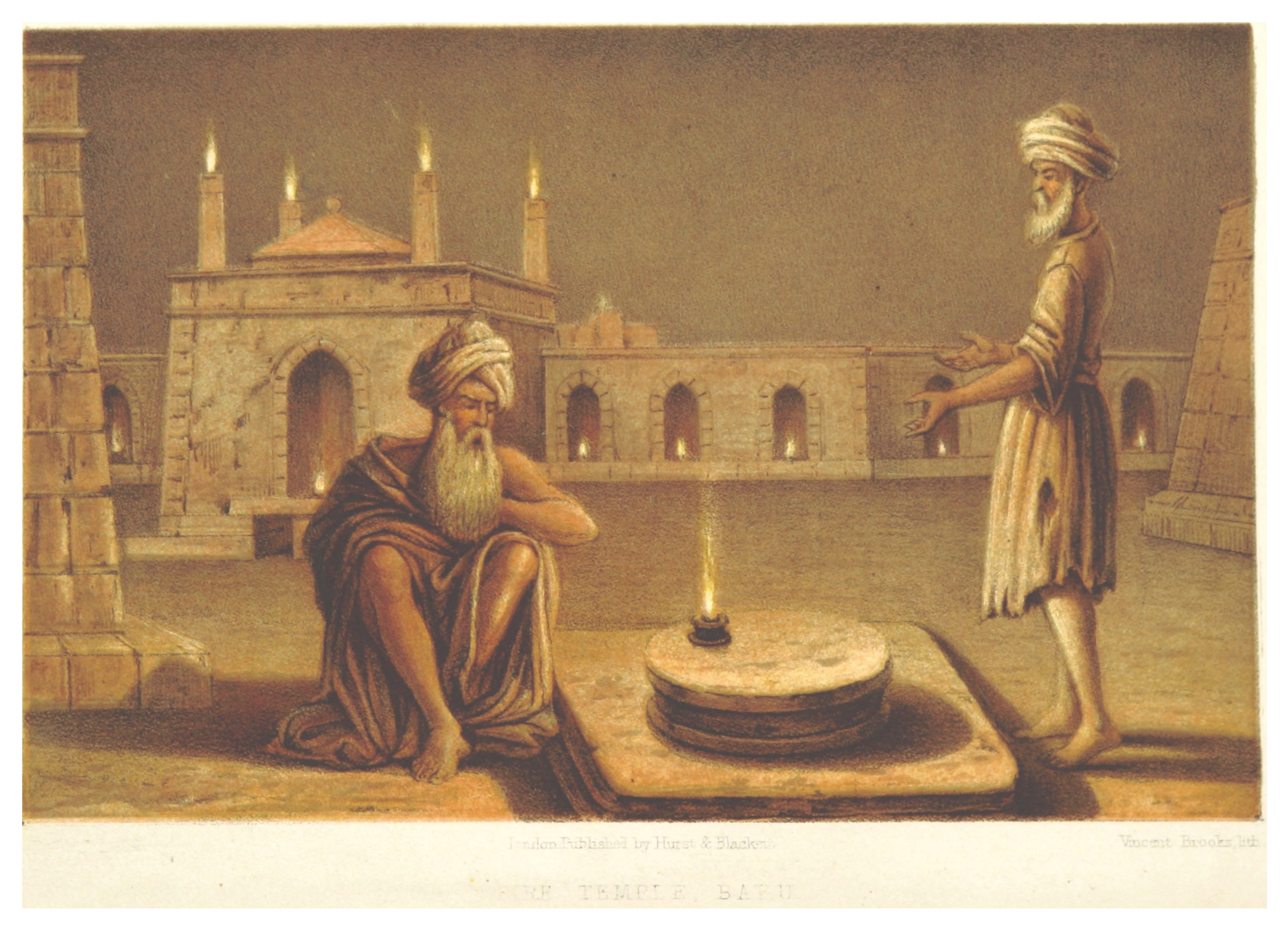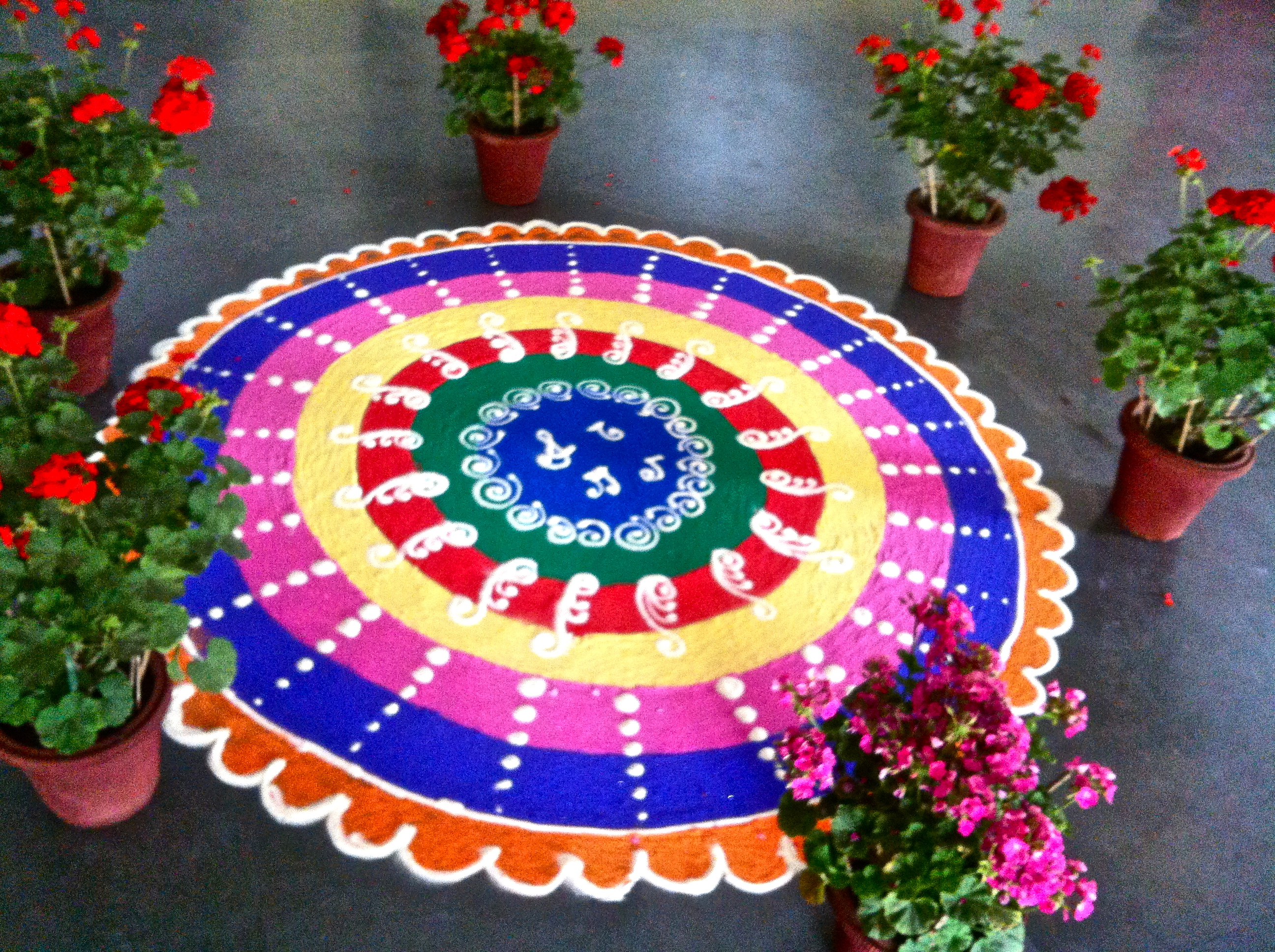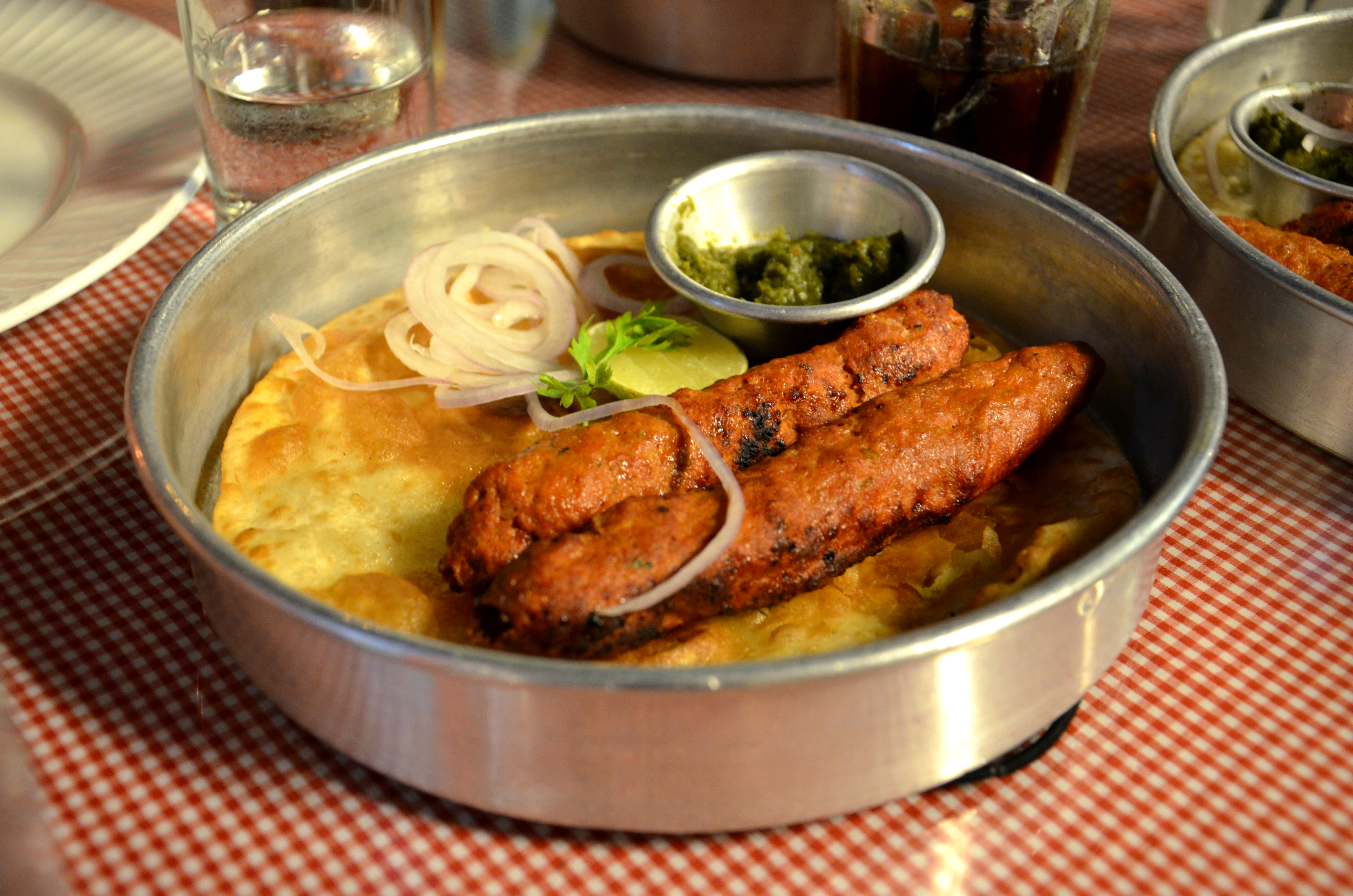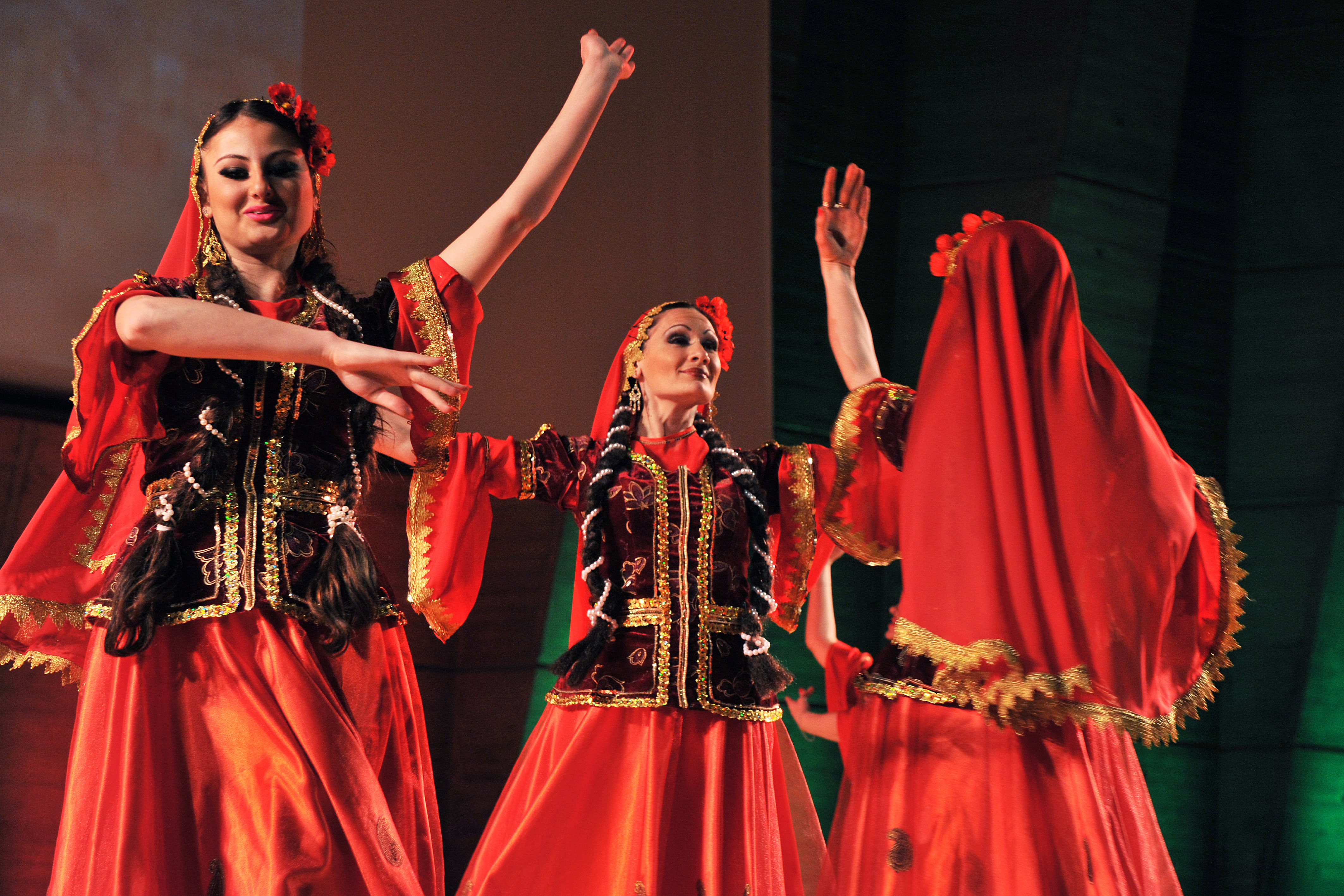The New Year is largely see as a time of renewal, rejuvenation, and restoration regardless, for the most part, of which culture you’re in. And though the New Year is far away in the West, the East is gearing up for a time of celebration.
In India, there is a community of people known as the Parsi. The Parsi  community as a whole stems from Zoroastrian heritage, as does the Parsi New Year tradition itself. Their standard customs involve head coverings and the adamant worship of fire as it is a representation of the divine and thus life-giving energy. It is a tightly-knit community and therefore marriage outside of it does not typically happen. As such, the years upon years of deeply cultural and religious elements that are part of their community have only strengthened, leading to a culture unlike any other.
community as a whole stems from Zoroastrian heritage, as does the Parsi New Year tradition itself. Their standard customs involve head coverings and the adamant worship of fire as it is a representation of the divine and thus life-giving energy. It is a tightly-knit community and therefore marriage outside of it does not typically happen. As such, the years upon years of deeply cultural and religious elements that are part of their community have only strengthened, leading to a culture unlike any other.
 The Parsi New Year is affectionately known as Jamshed Navroz because of a legendary link to a previous King and his creation of the Parsi Calendar. It shares similar elements to New Year celebrations found in many parts of Asia: families come together to help clean their houses, unique decorations adorn the house for the season and the entrance to the home is shown special care in a gesture of welcome to family, friends, and guests alike—one will often see a rangoli drawn outside a house during this season. The air will be kept fragrant and clean with incense.
The Parsi New Year is affectionately known as Jamshed Navroz because of a legendary link to a previous King and his creation of the Parsi Calendar. It shares similar elements to New Year celebrations found in many parts of Asia: families come together to help clean their houses, unique decorations adorn the house for the season and the entrance to the home is shown special care in a gesture of welcome to family, friends, and guests alike—one will often see a rangoli drawn outside a house during this season. The air will be kept fragrant and clean with incense.
Families will wear new clothes and freshen-up in keeping with the spirit of “new” and starting clean, forsaking the wrongs done over the course of the past year. This Jamshed Navroz is celebrated on the 1st day of the 1st month according to the Parsi calendar—this year it fell on August 17th, 2016. The celebrations don’t typically end until 13 days later.
Food is essential to Parsi New Year celebrations, and there will be a  strong balance between sweet and savory traditional foods, including sweet dishes known as Ravo and Sev for breakfast (or dessert) and Chicken Farcha as a main dish throughout the day. Have a look at the traditional foods here.
strong balance between sweet and savory traditional foods, including sweet dishes known as Ravo and Sev for breakfast (or dessert) and Chicken Farcha as a main dish throughout the day. Have a look at the traditional foods here.
After the morning routine, families will travel to the Fire Temple where they offer up their prayers and thanksgivings for the coming year – it is also a time of meditation where individuals will try to center themselves, reflecting on both the good and bad of the year before and giving themselves to the good of the coming year ahead. Typically, only those that follow the tradition and beliefs are allowed within the sacred confines.
 The Parsi community, though adamant in their beliefs and practices, is one that is on the decline – a fate that many fear will be shared by several minority groups in Asia. This is because of the marriage practices as mentioned before. Conversion to the Parsi belief system is essentially banned, and the ancestry of the man remains more important than the woman.
The Parsi community, though adamant in their beliefs and practices, is one that is on the decline – a fate that many fear will be shared by several minority groups in Asia. This is because of the marriage practices as mentioned before. Conversion to the Parsi belief system is essentially banned, and the ancestry of the man remains more important than the woman.
As such, these rich traditions of the Parsi for the New Year may be a thing of the past unless more is done to preserve, protect and, in some ways, reform it. In order to survive this, the Parsi will have to continue to find a way to adapt to the ebb and flow of time while still maintaining the core truths of their beliefs and traditions.


